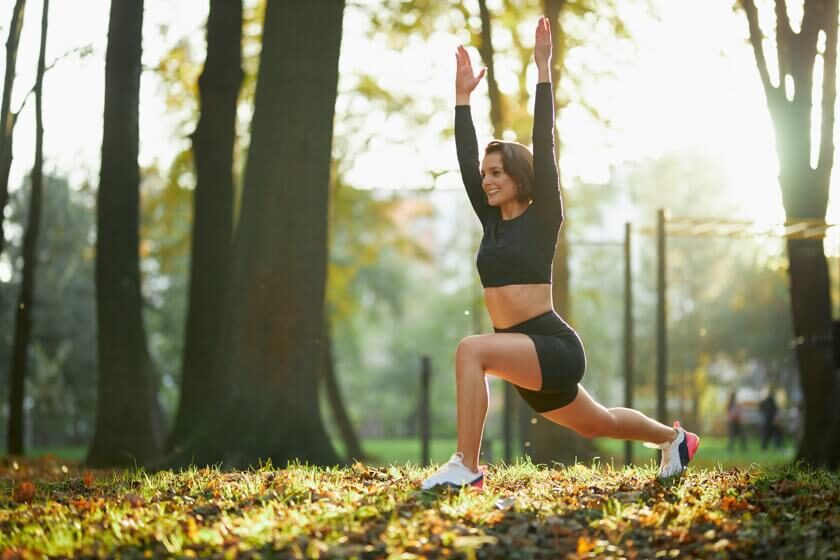
How To Prevent Varicose Veins: Effective Methods
Varicose veins are a common condition that affects about 23% of adults worldwide. They occur when the veins in the legs become swollen and twisted, which makes them visible under the skin. Varicose veins are not only a cosmetic concern but can also cause discomfort, pain, and even lead to serious complications such as blood clots. Therefore, it is essential to control varicose veins by adopting effective methods. In this blog post Dr Sumit Kapadia, a senior vascular surgeon and varicose veins specialist in Vadodara, will discuss the basics of varicose veins, varicose veins symptoms, how to prevent varicose vein, and treatment of varicose veins.
So let’s first understand Varicose Veins Symptoms:
Varicose veins are usually found in the legs and feet. The common symptoms of varicose veins include:
- Swollen and bulging veins
- Pain or discomfort in the legs
- Itching or burning sensation
- Fatigue or heaviness in the legs
- Muscle cramps in the legs
- Skin discoloration or darkening
- Ulcers or sores on the skin
If you experience any of these symptoms, it is recommended to consult a doctor who is expert in treating varicose veins and varicose veins specialist as soon as possible.
Effective Methods to Prevent/ Control Varicose Veins
Varicose veins are a condition where the veins in your legs become enlarged and twisted, causing them to protrude from your skin. While varicose veins are generally not a serious health issue, they can cause pain and discomfort, and can lead to more severe complications if left untreated. Therefore, prevention is key. In this section, Dr Sumit Kapadia, a senior vascular surgeon and varicose veins specialist will discuss effective methods to prevent varicose veins in detail.
Also read: Veins vs. Arteries: What’s the Difference?
Exercise regularly
Regular exercise is one of the most effective ways to prevent varicose veins. Exercise improves blood flow in your legs, which reduces the pressure on your veins and helps them function properly. Aim for at least 30 minutes of moderate-intensity exercise such as brisk walking, running, cycling, or swimming, five times a week.
Maintain a healthy weight
Being overweight puts extra pressure on your veins, increasing your risk of developing varicose veins. Therefore, it is important to maintain a healthy weight by following a balanced diet and engaging in regular exercise. A healthy diet should include plenty of fruits and vegetables, lean protein, and whole grains. Limit your intake of processed foods, refined sugars, and saturated fats.
Also Read: What is the Varicose Veins Treatment Cost In India?
Wear compression stockings
Compression stockings are specially designed to improve blood flow in your legs by applying pressure to your veins. They come in different levels of compression, so it is important to choose the right level for your needs. Your doctor can recommend the appropriate compression stockings for you. Make sure to wear them as directed, and replace them every three to six months.
Elevate your legs
Elevating your legs above your heart can help reduce the pressure on your veins and improve blood flow. Try to elevate your legs for at least 15 minutes several times a day. You can do this by lying on your back and placing a pillow under your legs, or by sitting in a chair and propping your feet up on a stool.
Avoid standing or sitting for long periods
Prolonged standing or sitting can put extra pressure on your veins, leading to varicose veins. If you have a job that requires you to stand or sit for long periods, try to take frequent breaks and move around. If you are sitting, make sure to keep your legs uncrossed and your feet flat on the floor. If you are standing, shift your weight from one foot to the other, or try to walk around whenever possible.
Avoid tight clothing
Tight clothing, especially around your waist, groin, and legs, can restrict blood flow and increase the risk of varicose veins. Therefore, it is important to wear loose-fitting clothing that does not constrict your circulation. Avoid tight pants, stockings, or undergarments, and opt for clothing that allows you to move freely.
High heels can put extra pressure on your veins and increase your risk of developing varicose veins. If you must wear heels, try to choose shoes with a lower heel and a wider toe box, which will distribute your weight more evenly and reduce the pressure on your veins. It is also important to alternate between different types of shoes throughout the day, to give your feet a break.
Also read: Varicose Veins in Women: Causes, Symptoms, and Treatments
Is Varicose Veins Curable?
Varicose veins are a chronic condition, which means that they cannot be cured completely. However, there are several treatment options available to relieve the symptoms and prevent further complications. Treatment options include:
Sclerotherapy: This is a minimally invasive procedure that involves injecting a solution into the affected vein to close it off and redirect blood flow to healthy veins.
Endovenous laser treatment: This is a minimally invasive procedure that uses laser energy to heat and close off the affected vein.
Vein stripping: This is a surgical procedure that involves removing the affected vein through small incisions in the skin.
Ambulatory phlebectomy: This is a minimally invasive procedure that involves removing the affected vein through small punctures in the skin.
Radiofrequency ablation: This is a minimally invasive procedure that uses radiofrequency energy to heat and close off the affected vein.
Glue: one of the more recent additions in treating varicose veins, glue is effective in earlier stages of varicose veins.
Varicose Veins specialists will recommend the most appropriate treatment option based on the severity of your condition.
Conclusion
Varicose veins are a common condition that can cause pain and discomfort if left untreated. However, by following these effective methods to prevent varicose veins, you can reduce your risk of developing them and maintain good leg health. Remember to speak to your doctor if you have any concerns, and always follow their advice.
Follow us on YouTube

MBBS, MS, MRCS, DNB-Fellow
Dr. Sumit Kapadia
Dr. Sumit Kapadia / MR KAPADIA SUMIT a gold-medalist from Baroda Medical College, obtained his general surgical training and senior residency from SSG Hospital, Vadodara.

MBBS, MS, MRCS, DNB-Fellow
Dr. Sumit Kapadia
Dr. Sumit Kapadia / MR KAPADIA SUMIT a gold-medalist from Baroda Medical College, obtained his general surgical training and senior residency from SSG Hospital, Vadodara.




